Introduction
The Kenya National Chamber of Commerce and Industry (KNCCI) and East African Philanthropy Network (EAPN) on April 21, 2020 held a webinar and open discussion to deliberate on Food Security during the COVID19 Pandemic in Kenya. The panelists for this session were: Prof. Hamadi Iddi Boga, Principal Secretary State Department for Crop Development and Agriculture Research, Mr. Arif Neky, Advisor for strategic Partnerships at the UN Resident Coordinators office in Kenya and Mr. Francis Gitonga, Chairman, Agricultural Committee- KNCCI. The session was moderated by Mr. Evans Okinyi- C.E.O. -EAPN.
The joint initiative was in solidarity with the National efforts, supporting government’s intervention and priority areas. Besides the concentrated focus on health care provisions and systems, the International Food Policy Research Institute (IFPRI) warns that if proper measures are not put in place the situation could lead to a food security crisis. Furthermore, the World Food Programme (WFP) warns that African countries would face disproportionate risk from supply chain failures especially in the face of border-crossing closures.
The impacts of farmers leaving their fields fallow due to of illness and breakdowns in non-food supply chains, like fertilizer and other critical inputs, may ultimately impact developing-countries’ economies. On the demand side, WFP notes there could be a loss of purchasing power as a result of people’s eating patterns leading to poorer nutrition, panic purchases of food likely to break the supply chain and eventually price hikes.
In light of this, EAPN and KNCCI deliberated on the following two key agenda items:
- The Impact of COVID19 Pandemic on Food Security in Kenya: Situation Analysis and Projections
- Securing Livelihoods – Best Joint Interventions for the Most Vulnerable Populations.
- The Impact of COVID19 Pandemic on Food Security in Kenya: Situation Analysis and Projections
Amidst the ongoing COVID-19 pandemic, the Ministry of Agriculture, Livestock, Fisheries and Cooperatives calls on farmers and agriculture stakeholders to intensify production and to coordinate efforts to ensure timely availability of inputs, extension support, transportation and value addition as the planting season commences.
In his remarks, Principle Secretary, Prof. Boga, said, the Government through the Ministry of Agriculture and the Council of Governors had released an update on the national food balance sheet with projected stocks up to June 2020, with keen focus in the following produce Cassava, Irish potato, Rice, Maize, Pulses, Wheat, Bananas (matoke), Millet, Sorghum, Milk, Meat, Fish, Local vegetables and Fortified food.
He went on to say, “In a bid to minimize disruptions to the food chain and we have put in place a COVID-19 Food Security War Room to swiftly address any emerging issues to ensure: –
- Continuous flow of produce
- Minimal disruption of markets
- Pricing management
- Maintain sufficient stock
- Maintain support of inputs
- Limit disruption to export market
- Support farmers in the mitigation of impact of locust.
Boga called on those present to gear up support for the vulnerable communities. He said the number of vulnerable will increase from the approximately 5.8 million already identified and categorized as “needy population” and support needs to be channeled for their support. He also called for support in educating and supplying small traders in markets, the Boda Boda who rely on daily wages to earn a living, to comply with the COVID -19 guidelines and directives issued by the Ministry of Health.
Securing Livelihoods – Best Joint Interventions for the Most Vulnerable Populations
The number of vulnerable Kenyans will likely to increase during this pandemic. During the meeting, approximately 5.8 million Kenyans, especially in the urban areas will be affected.
In his opening remarks, Mr. Arif Neky said “There is need to create an ecosystem of partnerships towards the achievement of the Government’s Big4agenda, especially in the food and security sector.” The private sector Food and Security Window system ( a collaboration between KEPSA, KNCCI and AGRA) and the launch of the Agriculture Sector Network (ASNET) as the sector apex body for the agriculture sector and the Sustainable Development Goal (SDG) Platform window on food and nutrition security was a good step towards the protection and development of the agricultural sector as this will create a clear roadmap for the next 3years in strengthening food and nutrition. He added.
Echoing these sentiments, Ms. Nemaisa Kiereini, KNCCI special programs and donor liaison stated that Chamber is already partnering with organizations such as the fashion industry and RetailPay to provide the vulnerable industries such as Boda Bodas and small markets with masks, water and soap for sanitization as well as sensitizing them on social distancing. Through this, it ensures that we create jobs opportunities for women and youth, she stated.
- Locust Invasion
The novel coronavirus disease (COVID-19) pandemic has become a major cause of worry for farmers in Kenya unable to sell their produce and things have become more difficult in areas affected by locusts. This could have adverse impacts on the agricultural seasonal yields and local economies, affecting food security. Hamadi, in his statement said that the government through the Ministry has put on measures like aerial spraying to help manage the situation. The Ministry of Agriculture and collaborators at the United Nations Food and Agricultural Organization (FAO), The National Youth Service (NYS) and the County governments are in 13 severely affected counties responding to the locust issue and continue to support the farmers and livestock keepers to continue their production activities so as to ensure that the critical lifeline of food. Key focus is ensuring:
- That global supply chain is constant
- Promoting large scale farming and use public land
- Adopting new technologies like aqua culture and marine culture while it comes to fishing as opposed to traditional ways of fishing.
- Lowering the prices of animal feeds and fertilizers
- Commitments
All Philanthropy and Business partners agreed to come together and work towards narrowing the gap of food and security issues during this period.
Ensure that the 5.8 million vulnerable Kenyans “Needy Population”, are cushioned during this pandemic, through individual and collective efforts guaranteeing access to food and clean water for all vulnerable communities
EAPN, KNNCI Members and Partners will continue to collect relevant and timely data on member activities and programs concerning aspects of market access and vulnerability of urban market traders. This will be shared with the Ministry to feed into the situation room at the MoALF for continued assessment and support to the necessary links between traders and farmers of food products for immediate consumption.

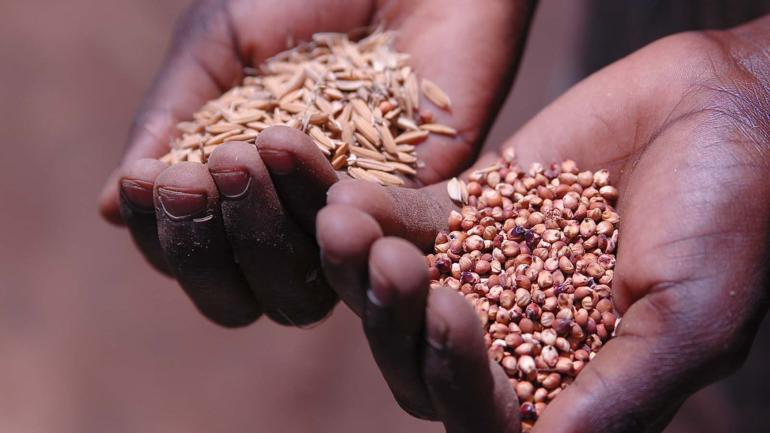
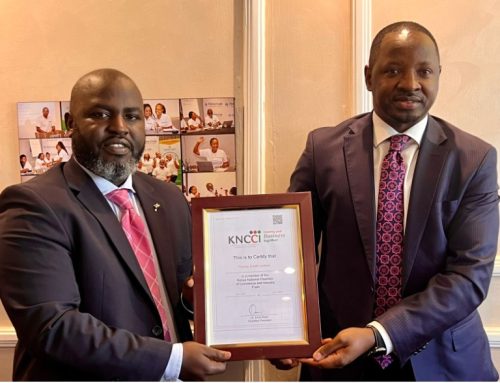

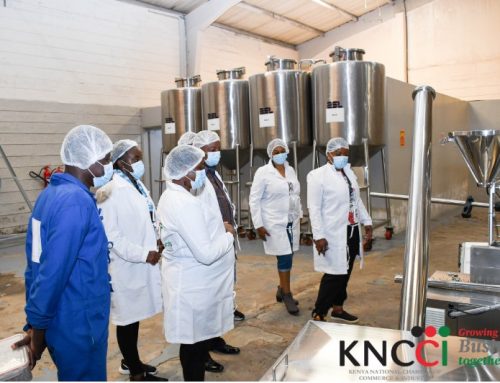
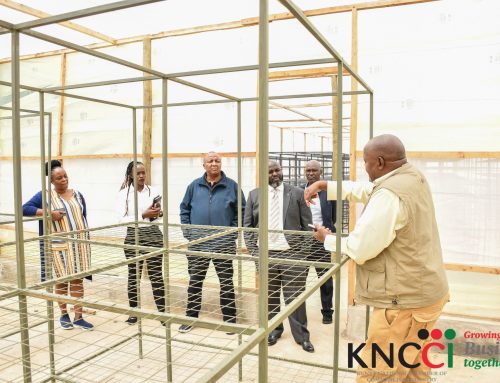
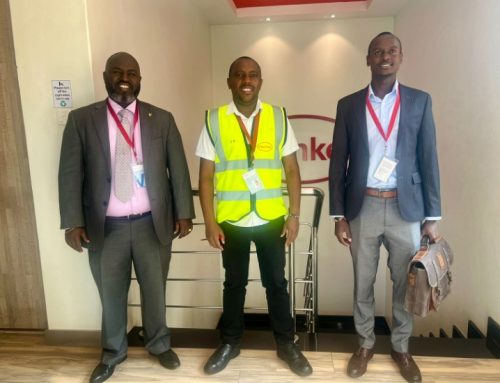
Leave A Comment